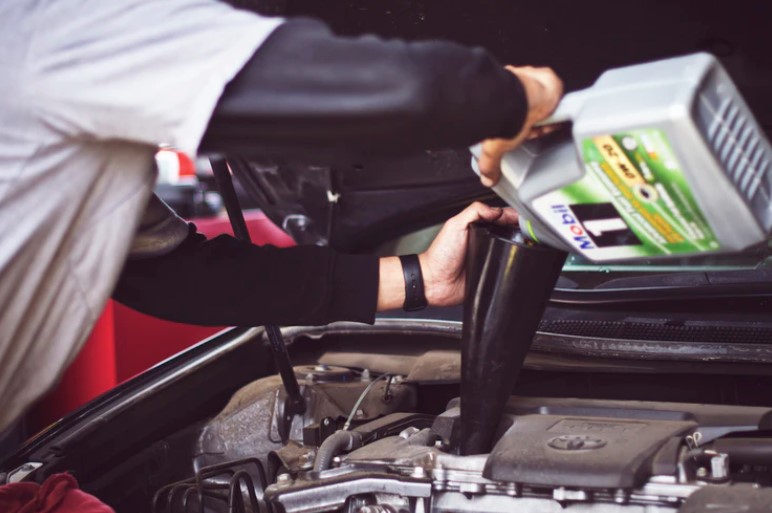When you should get an oil change depends mostly on what type of vehicle you have. The old rule of thumb used to be 3,000 miles or 3 months, whichever comes first. Thanks to new, more sophisticated technology, many of today’s cars are equipped with oil-life monitoring systems that let drivers know when an oil change is needed. While some systems are based on mileage and time, more advanced systems detect and analyze the condition of the vehicle’s oil. As with most car maintenance, you should check your owner’s manual to know when you should get an oil change.

Why are oil changes important?
As miles accumulate on your car, oil decreases in effectiveness and becomes saturated with dust, water, and combustion residues that cause engine corrosion. The high operating temperatures of your car also cause the thermal breakdown of oil. This makes it less effective as a lubricant. Lubricant is essential in the prevention of engine part wear due to excessive friction. Acid neutralizing additives in oil also decrease in effectiveness over time.
Even though your car’s oil filter traps much of the dirt, eventually the filter will clog and the contaminated oil will bypass the filter through a relief valve. When oil becomes dirty and thick it also becomes abrasive and causes more wear.
Consistent oil changes will improve engine performance because clean oil performs much more efficiently than dirty oil. Regular oil changes are essential to a vehicle’s performance and safety and will also help prevent costly repairs throughout the life of your vehicle.
When you get an oil change, your service technician will replace your car’s oil with a full synthetic oil, synthetic blend, or high mileage motor oil, depending on what’s recommended for your particular vehicle. The old oil and oil filter will be removed, replaced, and recycled. Many shops also perform courtesy services such as:
- Topping off fluids
- Checking vehicle lights
- Lubricating chassis as necessary
- Inspecting belts, hoses, steering, suspension, skid plates and undercarriage
- Checking windshield wipers
- Checking car battery
Regarding oil changes, AAA cautions,
“Less frequent oil changes on newer engines make it essential that you check the oil level monthly and top it up as needed. While many engines will use less than a quart of oil between changes, others can consume as much as a quart every 600 to 700 miles. Maintaining proper oil levels can help you avoid costly car repairs; engine wear or damage resulting from low oil levels will not be covered by your new-car warranty.”
